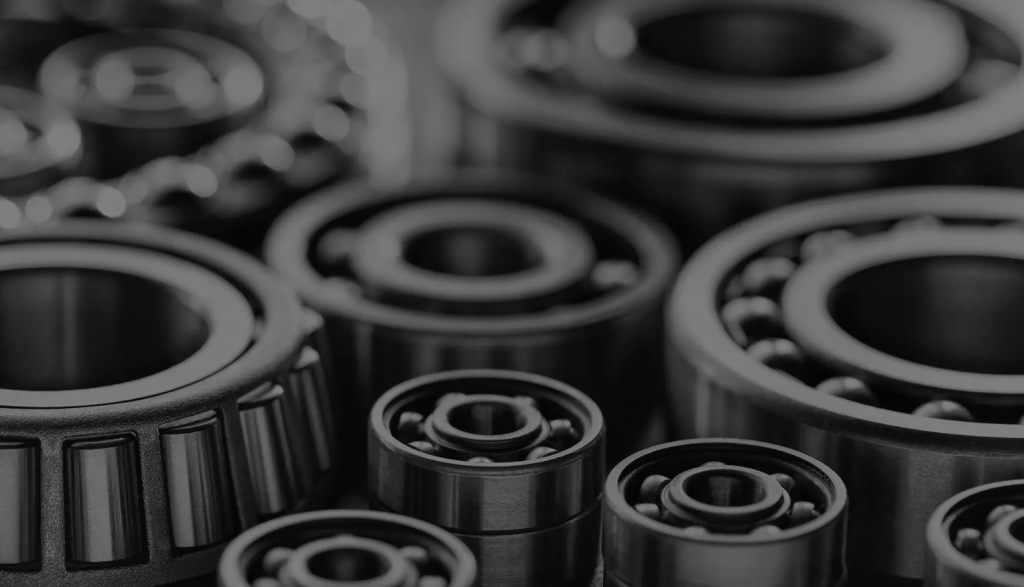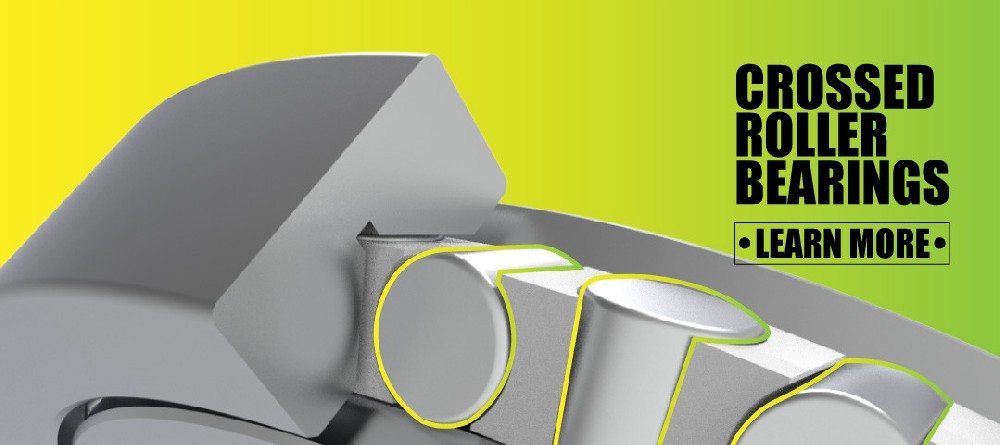Every machine that runs on rotating parts depends on bearings to keep operations smooth and reliable. Whether in automotive plants, power generation, or heavy machinery, the smallest bearing plays a big role in reducing friction and extending equipment life.
However, not all bearing Supplier deliver the same level of quality, consistency, or service. A wrong choice can result in unplanned downtime, increased maintenance costs, and even production losses. Selecting a reliable source requires more than comparing prices; it means carefully looking at product standards, technical expertise, delivery reliability, and after-sales support.
Procurement teams, engineers, and managers all need to weigh these factors before forming a long-term supply partnership. The goal is not just to find a vendor but to secure a dependable partner who can support both current operations and future needs.
Bearing Supplier Guide to Choosing the Right One for Your Needs
In this guide we will explain how to evaluate and choose the right bearing supplier with confidence.
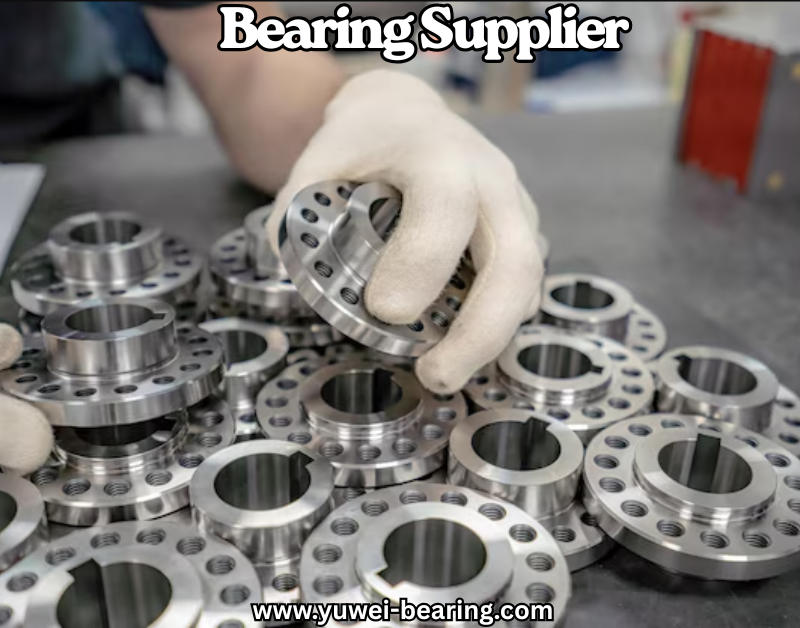
Why Choosing the Right Bearing Supplier Matters
A supplier plays a direct role in operational efficiency. When equipment runs at high speeds or under heavy loads, even a small defect in a bearing can lead to failure. If the supplier delivers inconsistent products, you risk repeating the same problems across multiple machines. The right bearing supplier ensures:
- Consistent quality in every delivery
- Fewer breakdowns and reduced downtime
- Reliable stock availability and shorter lead times
- Access to technical guidance for correct bearing selection
- Long-term savings through better lifecycle management
The impact extends beyond procurement. Reliable bearings maintain productivity levels, reduce energy consumption, and limit maintenance budgets. In competitive industries, that reliability can make the difference between meeting delivery schedules and losing contracts. Visit here!
Key Factors to Consider
When evaluating suppliers, focus on more than price. Each factor below has a direct link to operational performance.
1. Product Quality and Standards
Quality is the first checkpoint. Bearings should meet global manufacturing standards. Without this assurance, even the lowest price cannot protect against hidden costs of failure.
Key evaluation points:
- Confirm if the supplier complies with ISO 9001 quality systems.
- Check whether they provide batch traceability.
- Ensure bearings meet load, speed, and tolerance requirements.
- Ask about warranty terms on quality defects.
Why it matters:
High-quality bearings last longer, generate less heat, and maintain precise motion. Poor quality leads to excess vibration, noise, and eventual machine breakdown.
2. Range of Products Offered
A wide product range allows you to source everything from one reliable point rather than juggling multiple vendors.
Essential categories include:
- Deep groove ball bearings
- Roller bearings (cylindrical, spherical, tapered)
- Angular contact bearings
- Needle bearings
- Special-purpose bearings (for high temperature, corrosive environments, or precision equipment)
Advantages of a broad range:
- Simplifies procurement
- Reduces administrative overhead
- Ensures compatibility across applications
- Provides flexibility when machinery requirements change
3. Technical Expertise and Support
Bearings are not one-size-fits-all. Applications vary in load, speed, temperature, and lubrication requirements. A knowledgeable supplier should help you choose the right type.
Areas where expertise helps:
- Calculating load ratings and lifespan
- Advising on lubrication methods
- Identifying correct fit and installation practices
- Troubleshooting performance issues
Suppliers that invest in technical support reduce errors in selection and extend the lifespan of your equipment.
4. Delivery Reliability and Lead Times
Unreliable deliveries disrupt production schedules. Timely supply is as critical as product quality.
What to check:
- Do they keep stock locally for urgent orders?
- What is their average delivery time for standard products?
- How do they handle large or custom orders?
- Do they provide clear updates on shipping progress?
A supplier with strong distribution capabilities can help avoid unexpected stoppages.
5. Pricing Structure and Total Cost of Ownership
The cheapest supplier is not always the best. Instead, evaluate total cost of ownership (TCO).
TCO includes:
- Initial purchase price
- Frequency of replacement
- Cost of maintenance and lubrication
- Production losses during downtime
Comparison Example:
| Factor | Low-Cost Option | Reliable Supplier |
|---|---|---|
| Unit Price | Low | Moderate |
| Replacement Frequency | High | Low |
| Downtime Risk | Frequent | Rare |
| Long-Term Cost | High | Lower overall |
Focusing on TCO ensures your supplier choice supports cost savings across the equipment lifecycle.
6. Certifications and Compliance
Certifications confirm adherence to global standards. They also show whether a supplier can meet industry-specific needs.
Common certifications to look for:
- ISO 9001: Quality management
- ISO/TS 16949: Automotive industry requirements
- AS9100: Aerospace sector standards
Always request copies of certifications and confirm they are valid. A supplier that cannot provide proof of compliance should not be considered for critical applications.
7. After-Sales Service and Warranty
A strong after-sales program is as important as the initial sale. Bearings may fail due to improper installation, harsh conditions, or rare defects. When this happens, quick support prevents extended downtime.
Elements of good after-sales service:
- Clear warranty terms
- On-site technical assistance if needed
- Access to spare parts
- Failure analysis to prevent repeat issues
These services prove that the supplier takes responsibility beyond selling products.
8. Global vs. Local Suppliers
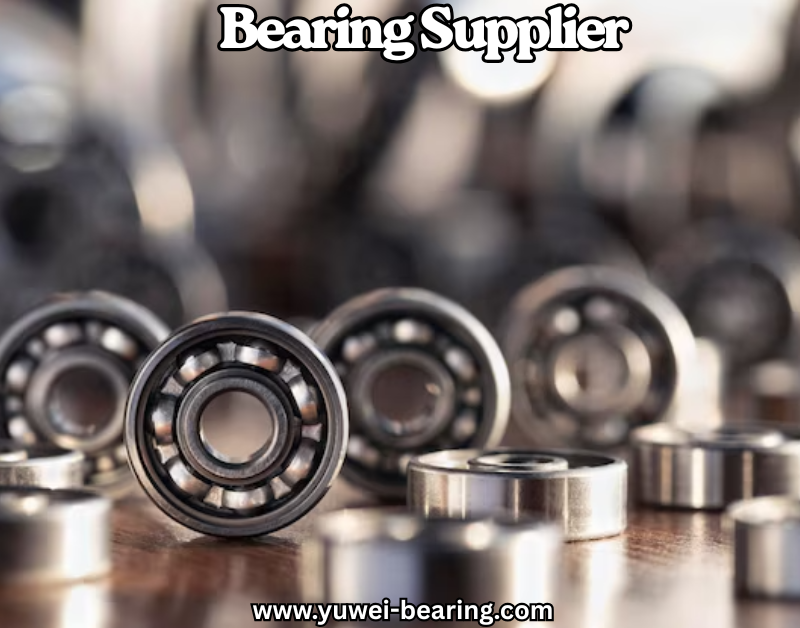
Both global and local suppliers bring unique advantages.
| Factor | Global Supplier | Local Supplier |
|---|---|---|
| Product Range | Wide selection, multiple industries | Focused on local needs |
| Delivery Speed | Longer lead times due to shipping | Faster due to proximity |
| Pricing | Often higher, brand premium | More competitive, negotiable |
| Technical Support | Structured and centralized | Personalized and direct |
How to decide:
- Choose global suppliers for diverse product needs and global consistency.
- Choose local suppliers when speed and personalized service matter more.
9. Reputation and References
Reputation is earned over years of consistent performance. Always research before making a commitment.
Practical steps:
- Check reviews in trade directories.
- Request references from existing clients.
- Look at how long the supplier has been in business.
- Evaluate their presence at industry exhibitions and trade shows.
A supplier with a strong reputation reduces the risk of unreliable service or inconsistent products.
10. Flexibility and Customization
Standard bearings work for most situations, but industries often need custom solutions. Flexibility in design shows a supplier’s ability to adapt.
Customization examples:
- Special coatings for corrosive environments
- Bearings with sensors for condition monitoring
- Non-standard dimensions for unique machinery
This flexibility allows you to align supplier support with your specific operational requirements.
Common Mistakes to Avoid
- Choosing solely on price – ignores long-term costs.
- Skipping quality checks – risks equipment breakdown.
- Overlooking delivery performance – causes production delays.
- Not verifying technical expertise – leads to wrong product selection.
- Failing to confirm certifications – jeopardizes compliance.
- Ignoring after-sales support – increases downtime risks.
Avoiding these mistakes ensures that your choice is based on facts, not assumptions.
Practical Steps to Selecting the Right Supplier
- Define requirements – list product types, quantities, and performance expectations.
- Shortlist suppliers – based on certifications, reputation, and product range.
- Request samples – check quality before placing large orders.
- Assess logistics – confirm stock levels and delivery reliability.
- Check after-sales support – warranties and spare parts availability.
- Negotiate agreements – consider total cost of ownership.
- Trial partnership – start with a smaller order to test performance.
This structured approach reduces risk and ensures long-term value.
Future Trends in Bearing Supply
The bearing industry is evolving with technology and global market changes. Buyers should prepare for:
- Digital platforms – online catalogs and e-commerce systems simplify procurement.
- Smart bearings – sensors embedded for real-time condition monitoring.
- Sustainable production – eco-friendly materials and energy-efficient manufacturing.
- Localized supply chains – regional warehouses to shorten delivery times.
- Predictive maintenance integration – suppliers supporting digital monitoring systems.
Understanding these trends helps businesses align their sourcing strategy with future demands.
FAQs About Choosing a Bearing Supplier
Q1. How do I know if a bearing supplier is reliable?
Look for certifications, references, and delivery performance records. Reliable suppliers provide consistent quality and strong after-sales support.
Q2. Should I buy directly from manufacturers or distributors?
Manufacturers often provide wide product ranges and certifications. Distributors may offer quicker delivery and localized service. The right choice depends on your priorities.
Q3. How important is warranty coverage?
Very important. Warranties protect against defects and show supplier confidence in their products.
Q4. What is the main reason for premature bearing failure?
Poor quality products and incorrect installation are leading causes. Technical support from suppliers reduces these risks.
Q5. Do I need to consider sustainability when choosing a supplier?
Yes. Many industries now prefer suppliers that follow eco-friendly production practices and offer recyclable materials.
Q6. Can small businesses work with large global suppliers?
Yes, but smaller businesses may find local suppliers more flexible and responsive to smaller order volumes.
Q7. How often should I re-evaluate my bearing supplier?
At least every two years, or sooner if delivery, quality, or service issues arise.
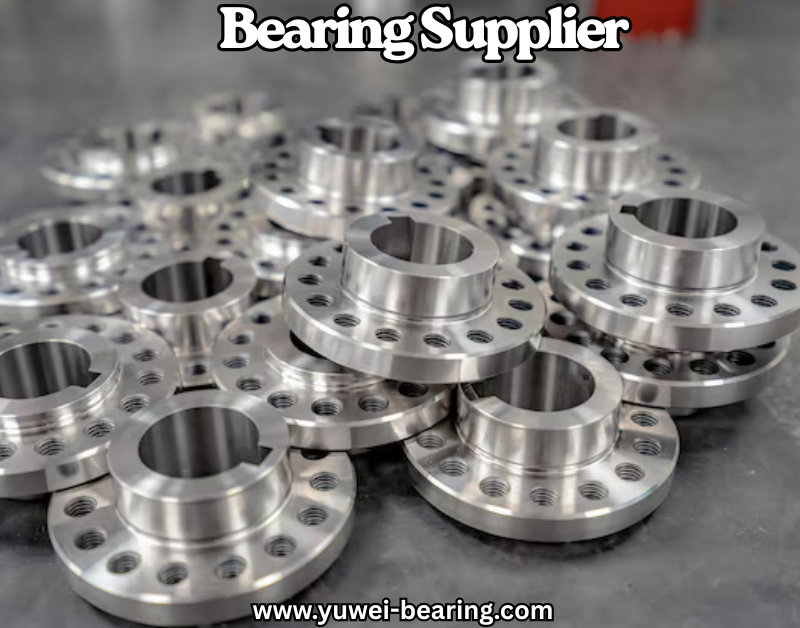
Conclusion
Choosing the right bearing supplier is about more than just getting a product at the right price—it is about building a partnership that supports your operations for the long run. A reliable supplier helps maintain consistent equipment performance, reduces downtime, and provides technical expertise when it matters most. Evaluating factors such as product quality, delivery reliability, certifications, and after-sales support ensures that you are not only covering immediate needs but also securing future stability.
By avoiding common mistakes like focusing only on price or ignoring compliance standards, businesses can protect themselves from unnecessary risks. Practical steps such as defining requirements, testing samples, and checking references provide a structured approach to supplier selection. With markets moving toward digital platforms, smarter products, and sustainable practices, the suppliers that embrace these trends will be the ones best positioned to meet modern industrial demands.
